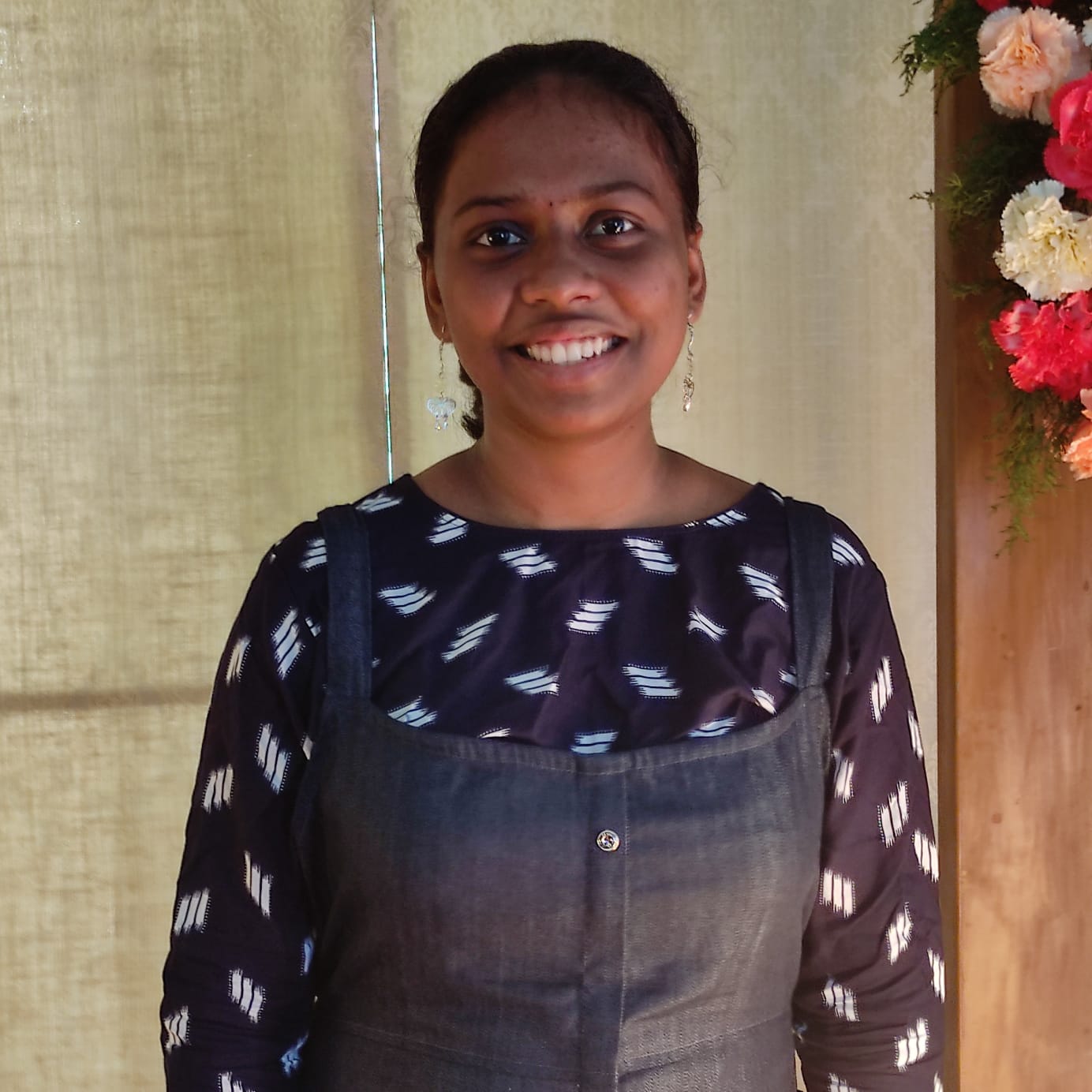A Success Story From Kenya
Ideas that can change the course of a society or solve leading issues that have been poorly handled or left to perish are only possible through human minds. And that is what the Hult Prize does - solving the planet’s most pressing issues through social entrepreneurship. This year, the fortune of Kenyan women and society was anchored towards a new light by the project - ECOBANA
About Hult Prize
The Hult Prize which is also termed as ‘Nobel Prize for students’ is a year-long competition that gives students from different parts of the world a chance to take part in and solve issues and challenges that our world faces and donates US$1 million in seed capital to help the winning team launch a social enterprise. It covers a wide range of issues including food security, access to clean water, social order, and several other social, economic and environmental problems that require solutions so that the human race can advance while maintaining harmony between nature and Society. This brings us to the winners of this year’s Hult Prize - ECO BANA. What innovation did the brains behind this project come up with that changed the trajectory of a society? And what made their idea so original and influential? Let’s take a look.
ECO-BANA
The core project of Eco-Bana was born after a severe shortage of sanitary pads during the global pandemic as shops, supermarkets, hyper stores and business owners started to close down due to lockdown. The unavailability of sanitary pads compelled women to seek alternatives like rugs, plastic bags, chicken feathers and even cow dung, which as we all know are unhygienic and not practical. In this situation, the students of St Paul’s university came up with the idea of producing pads using pseudostems of bananas. They discovered that the proposed idea can not only solve the primary issue but also provide and open a window of possibility to the rural people of Kenya and the world.
Possibilities and Advantages
Through this project, ECO-BANA hopes to establish a business model that, by 2024, will sell more than three million pads, generate over $50,000, and employ more than two thousand people. The project’s immense impact provides young women and youth with training and employment opportunities in the fields of production. In refugee camps, slums, and rural regions, each sachet is anticipated to assist seven women and girls in completing their education and provide opportunities for numerous families to boost their income. The product, which claims to be 65% more sustainable and 45% cheaper, eliminates factors like discomfort and irritation and provides comfortability, and its biodegradable nature improves the conservation of the environment.
The Vision of ECO-BANA and Hope
With the help of Design Thinking and a grasp of the green economy, ECO-BANA developed a game-changing idea that provided the solution to a significant problem the nation was facing. The things ECO-BANA accomplished with a single spark of human ingenuity are brilliant—greening a product that was primarily made of plastic, empowering women and girls and supporting families to attain their full potential. The primary attribute of humanity is caring for one another and ECO-BANA fulfilled its part admirably.
When asked about their final vision for ECO-BANA, I got the following reply - “To be the best producers of biodegradable sanitary pads and empower all girls and women”.
